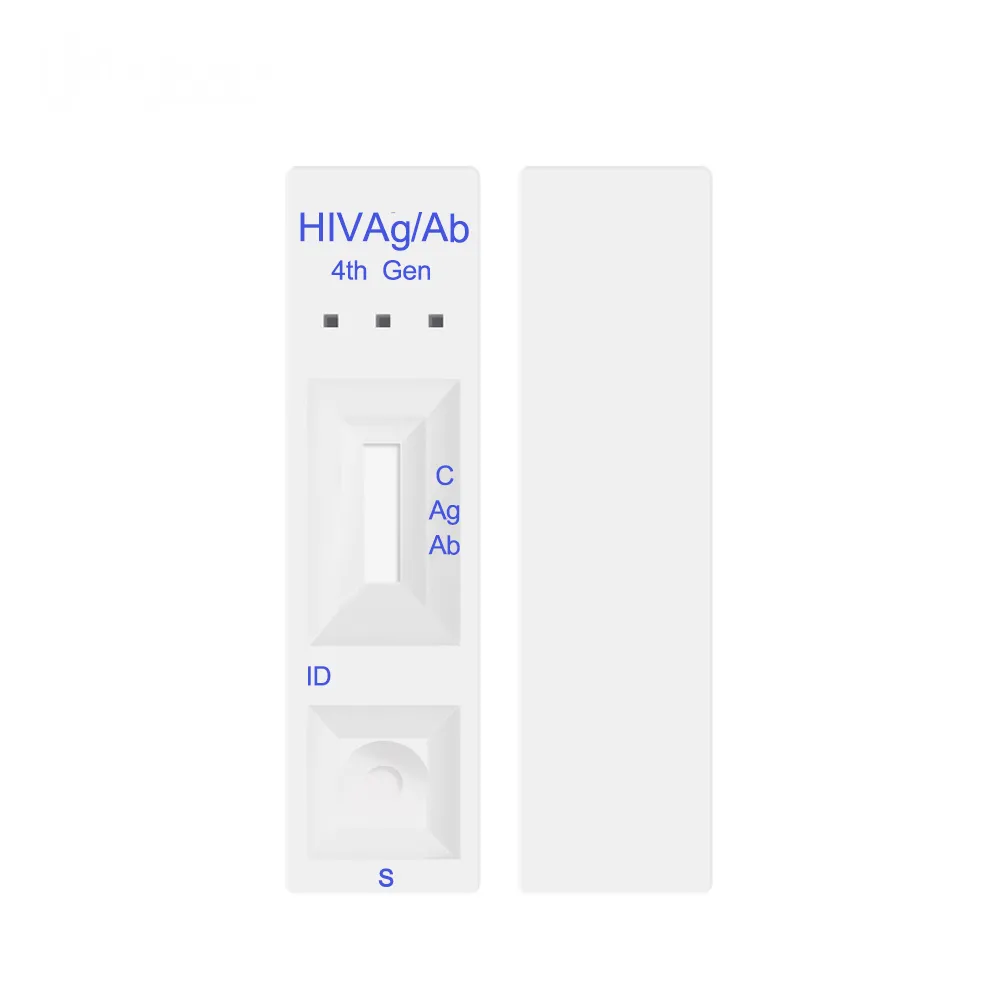Noy . 19, 2024 01:23 Back to list
one step pregnancy test manufacturer
Understanding One Step Pregnancy Test Manufacturers A Comprehensive Overview
In recent years, the market for home pregnancy tests has grown significantly, reflecting an increasing demand for privacy and convenience among individuals seeking to confirm a pregnancy. Among these products, the One Step pregnancy test has gained considerable popularity due to its ease of use, quick results, and reliability. To understand this product better, it is essential to explore the manufacturers behind it, their production processes, and the overall significance of these tests in modern healthcare.
One Step pregnancy tests are designed for home use, allowing women to detect pregnancy by measuring levels of the hormone human chorionic gonadotropin (hCG) in urine. Normally, this hormone is produced shortly after a fertilized egg attaches to the uterine lining, making it an essential marker for early pregnancy detection. The simplicity of the One Step test lies in its design, which typically involves a dipstick or a cassette format that users can easily operate, often requiring just a few drops of urine.
Manufacturers and Their Role
Several manufacturers have emerged as leaders in the production of One Step pregnancy tests. These companies range from large multinational corporations to smaller specialized firms, each contributing to the market with their unique formulations and technological advancements. Some of the well-known brands include First Response, Clearblue, and EPT, among others.
These manufacturers follow stringent regulations and quality control standards, ensuring the accuracy and reliability of their products. Most of these companies are certified by health authorities, such as the U.S. Food and Drug Administration (FDA) or European Medicines Agency (EMA), which guarantees that their tests meet specific safety and efficacy guidelines. This regulatory oversight is crucial for maintaining consumer trust and ensuring that the tests yield accurate results.
Production Process
The production process of One Step pregnancy tests involves various stages, from research and development to manufacturing and distribution. Initially, manufacturers conduct rigorous research to develop sensitive and specific test formats that accurately detect hCG levels. This research phase often involves collaboration with scientific experts and healthcare professionals to ensure that the product meets the needs of potential users.
one step pregnancy test manufacturer

Once the research is complete, the manufacturing process begins. Raw materials, including antibodies specific to hCG, are sourced and processed to create the test strips. Quality control is implemented at every stage to identify any potential issues before the tests are packaged and shipped to retailers. Companies utilize advanced technology for automation and precision to maintain consistent quality standards across batches.
After production, the tests are packaged with clear instructions for use, guidelines for reading results, and information regarding sensitivity and expiry dates. Manufacturers often include customer support and educational resources to aid users in understanding their results and next steps.
Importance of One Step Pregnancy Tests
The importance of One Step pregnancy tests extends beyond mere convenience. They serve as a crucial first step for many women in managing their reproductive health. By providing immediate results, these tests empower women to make informed decisions regarding their health and future. Additionally, early detection of pregnancy can lead to timely prenatal care, contributing to better outcomes for both mother and child.
Moreover, One Step pregnancy tests also play a significant role in reducing the stigma associated with pregnancy testing. By facilitating private testing at home, these products empower women to seek pregnancy confirmation without the anxiety often associated with a doctor's visit.
In a world where access to healthcare can be limited, especially in remote areas, the availability of home pregnancy tests is invaluable. Manufacturers continue to innovate, focusing on improving the sensitivity and reliability of tests while also expanding their product lines to include digital options that provide easy-to-read results.
Conclusion
One Step pregnancy test manufacturers have revolutionized the way women approach pregnancy detection. Through their commitment to quality, innovation, and user education, these companies contribute significantly to reproductive health care. As society continues to evolve, the role of such tests in empowering individuals and promoting informed choices will undoubtedly be more critical than ever.
-
Accurate Benzodiazepines (BZO) Rapid Test Kits | Fast Results
NewsAug.27,2025
-
Trusted Early Pregnancy Test Kit Supplier | Accurate, Fast Results
NewsAug.26,2025
-
China Sterile Nylon Flocked Throat Swabs: Superior Sample Collection
NewsAug.25,2025
-
COVID-19 Rapid Antigen Test Kit: Accurate & Fast Home Results
NewsAug.24,2025
-
Premium Cassette Lateral Flow Devices for Rapid Diagnostics
NewsAug.23,2025
-
Pregnancy Test Calculator: Know Your Weeks, Week by Week
NewsAug.22,2025

